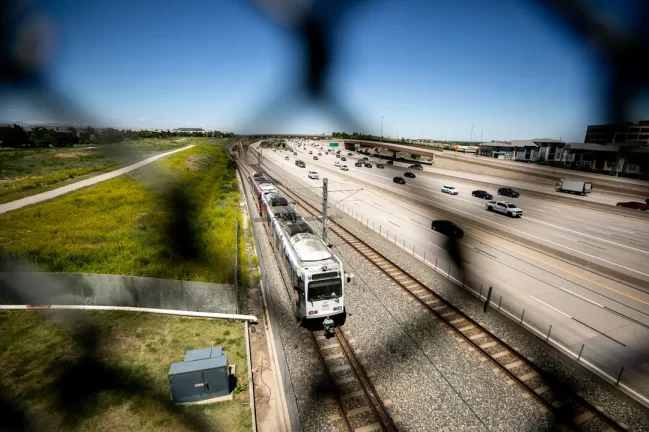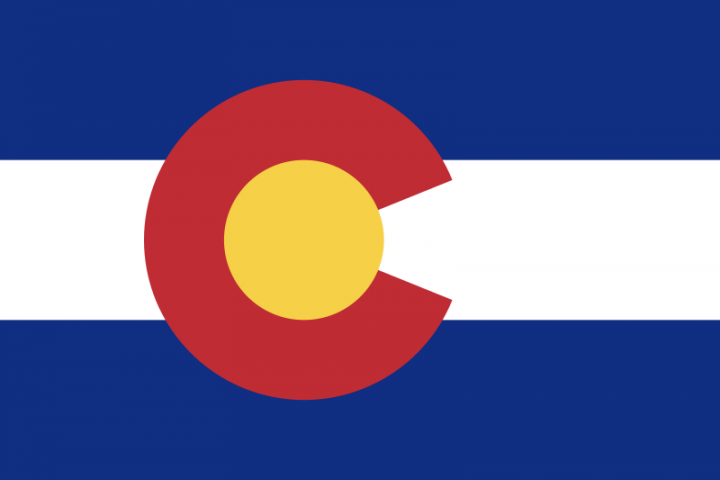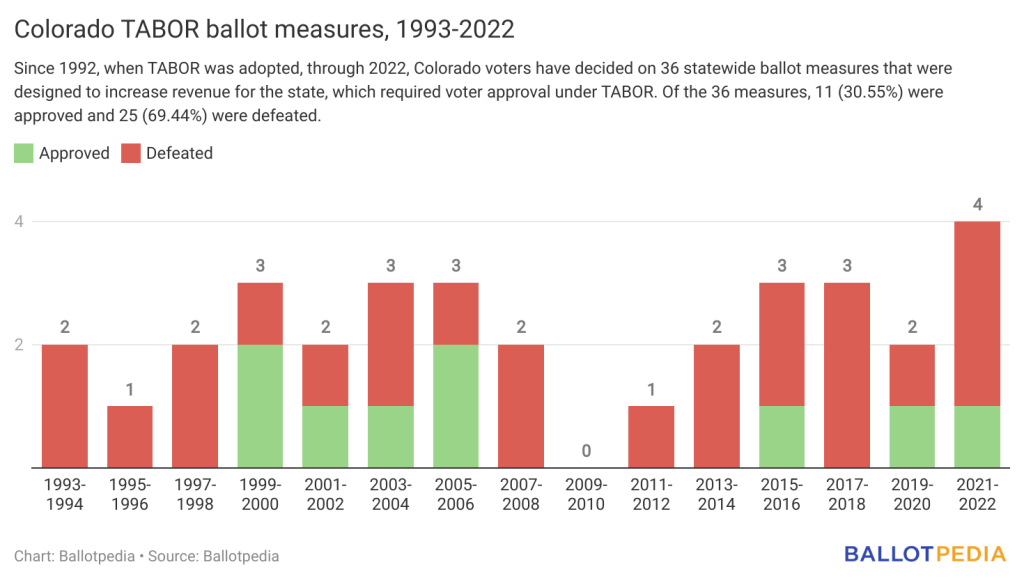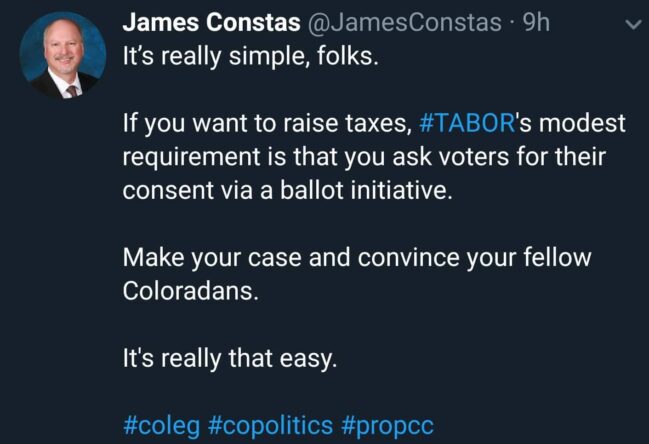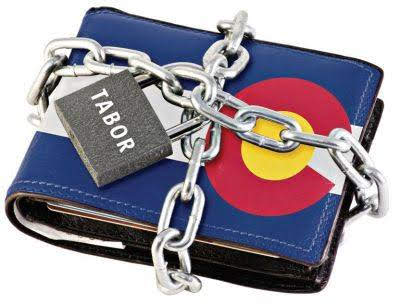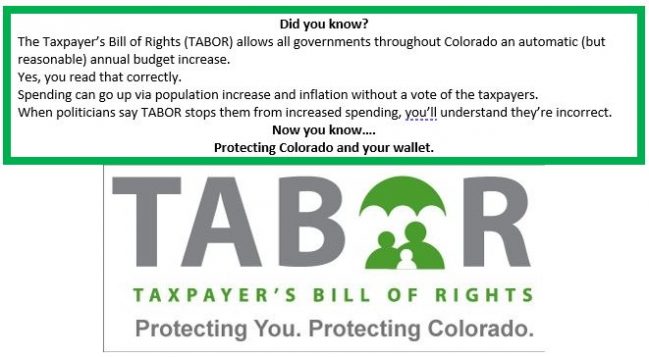
June 25, 2024
Contact: Penn Pfiffner
Phone: 303-233-7731
Email: constecon@hotmail.com
FOR IMMEDIATE RELEASE
The Regional Transportation District (RTD) is proposing a 2024 ballot measure to permanently eliminate TABOR spending and revenue caps. The RTD has retained hundreds of millions of dollars in taxpayer’s TABOR rebates over recent years. Yet, the RTD Board wants to claim this proposed ballot measure isn’t a tax increase.
The TABOR Committee opposes the RTD ballot measure to permanently eliminate taxpayer’s protections.
- The ballot language doesn’t legally comply with TABOR by clearly expressing the amount of the tax increase. The district has retained millions of TABOR rebates, the proposed measure is a tax increase.
- TABOR limits waivers to four years, allowing for voter review. The RTD ballot measure permanently eliminates taxpayer protections. It’s a forever tax increase with a blank check.
TABOR Committee, board chairman Penn Pfiffner stated: “The Regional Transportation District (RTD) is one of the largest tax collectors in Colorado. RTD wants to use misleading ballot language to eliminate TABOR rebates. This is clearly a tax increase and a blank check to a government district that has failed to deliver on FasTracks campaign promises. Taxpayers would be best served getting their TABOR rebates starting in 2025 to use on a transportation method that fits their lives.”
The TABOR Committee was formed in 2009 to protect the Taxpayer’s Bill of Rights (TABOR).
DefendTABOR.com
####
